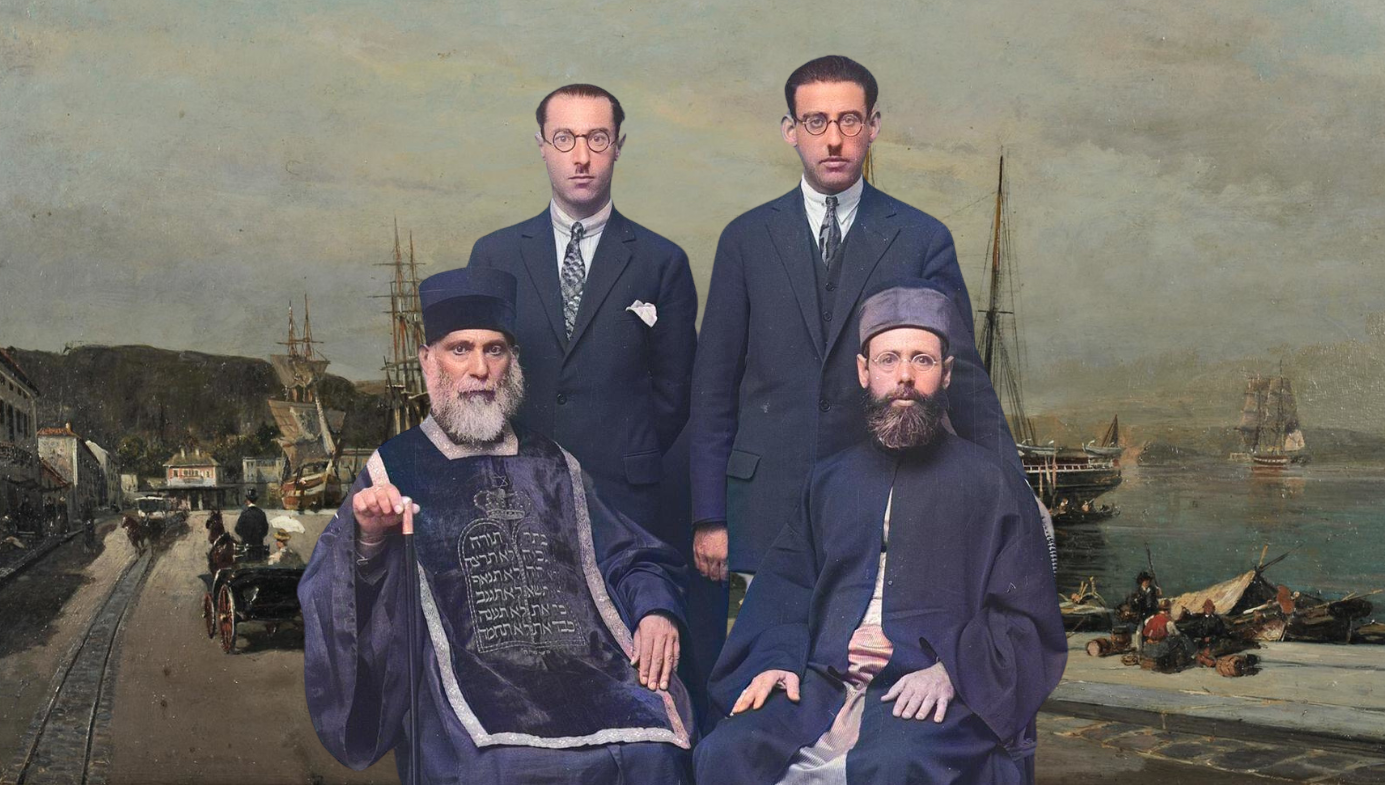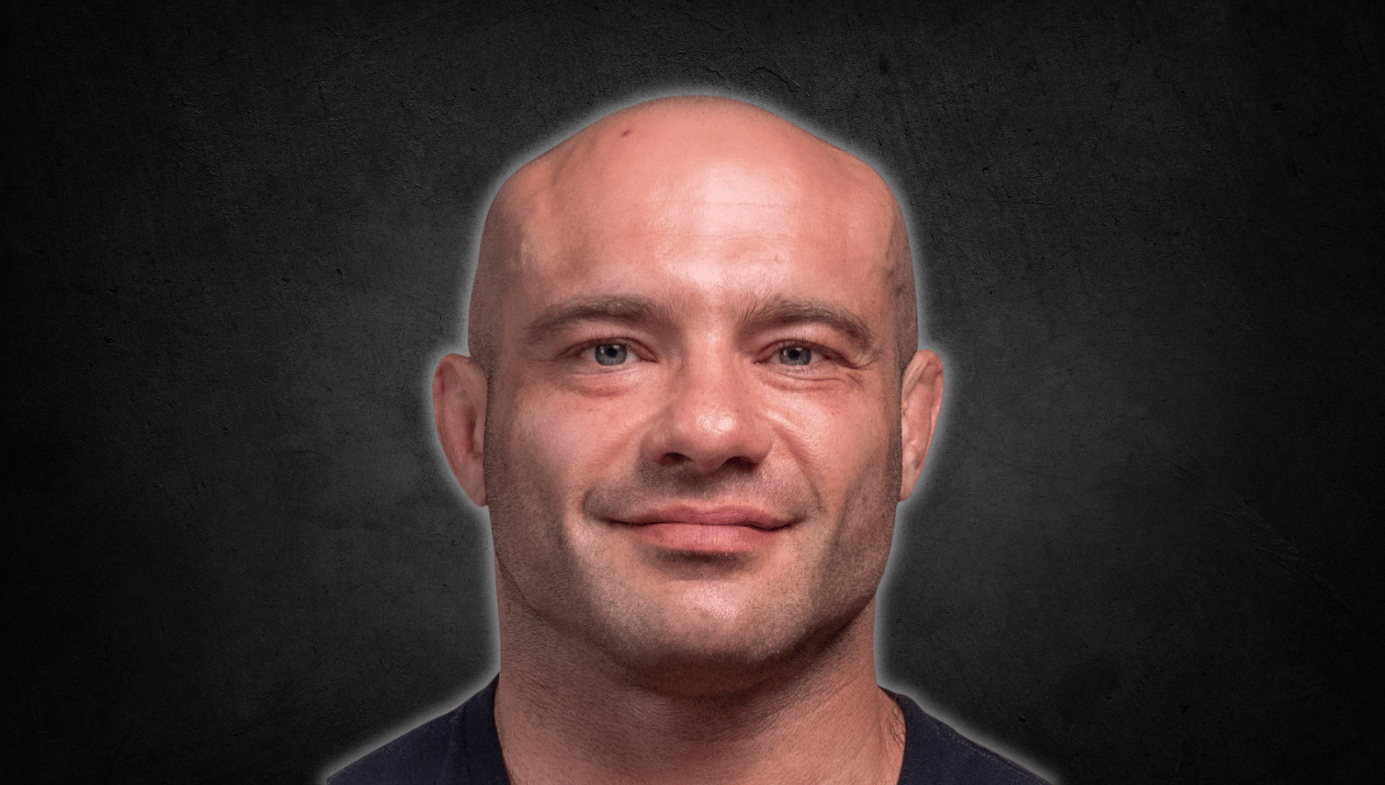Greeks and Jews: Two Diaspora Peoples
The histories of these two groups reveals the sinister implications of an ideology that holds that some people are more “natural” to a place than others.

The histories of these two groups reveals the sinister implications of an ideology that holds that some people are more “natural” to a place than others.





Join the newsletter to receive the latest updates in your inbox.